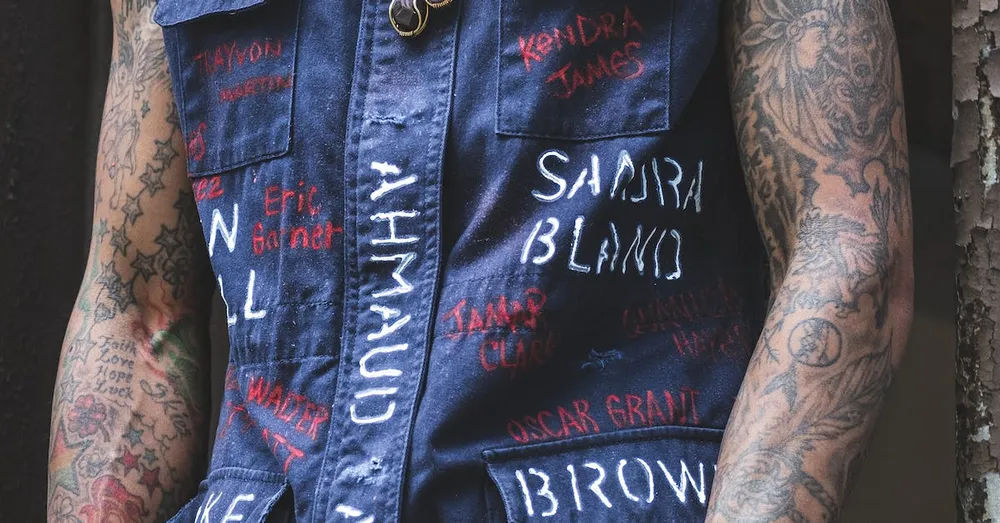
The #MeToo movement has given a voice to victims of sexual harassment and assault, and it has sparked important conversations about consent, power dynamics, and the importance of believing victims. The movement has also highlighted the fact that sexual harassment and assault are not isolated incidents, but rather a pervasive issue that affects individuals of all genders, ages, and backgrounds.
The #MeToo movement started in 2006 by Tarana Burke, a civil rights activist, but it gained widespread attention in 2017 when actress Alyssa Milano used the hashtag in a tweet encouraging victims to share their stories. The hashtag quickly went viral, and it was used by millions of people to share their experiences of sexual harassment and assault.
The movement has been a powerful force in raising awareness about the prevalence of sexual harassment and assault, and it has also helped to change the way society views and responds to these issues. Prior to the #MeToo movement, victims of sexual harassment and assault were often met with disbelief and shame. They were told that they were exaggerating, that they were asking for it, or that they should just move on. The #MeToo movement has helped to shift this narrative, and it has empowered victims to speak out and demand accountability.
The movement has also highlighted the importance of consent, and it has underscored the fact that sexual harassment and assault are not just about sex, but about power. It has shown that sexual harassment and assault can happen to anyone, regardless of their gender, age, or social status. It has also shown that victims are not to blame for the actions of their attackers, and that it is never the victim's fault.
However, the #MeToo movement has also faced criticism. Some have argued that the movement has gone too far, and that it has led to a witch hunt of men. Others have argued that the movement has not gone far enough, and that it has not led to real change in the way society deals with sexual harassment and assault.
It is true that the #MeToo movement has not led to a complete eradication of sexual harassment and assault. However, it has led to important changes in the way society views and responds to these issues. It has led to the firing of powerful men who have been accused of sexual misconduct, and it has led to the creation of new laws and policies aimed at preventing sexual harassment and assault.
Moreover, the movement has led to a shift in culture, as more and more people are willing to speak out and support victims of sexual harassment and assault. It has also led to a greater awareness of the importance of consent, and it has encouraged individuals to take a stand against sexual harassment and assault.
In conclusion, the #MeToo movement has been a powerful force in raising awareness about the prevalence of sexual harassment and assault, and it has helped to change the way society views and responds to these issues. It has given a voice to victims and has empowered them to speak out and demand accountability. It has also highlighted the importance of consent, and it has underscored the fact that sexual harassment and
assault are not just about sex, but about power. However, there is still a long way to go to achieve true equality and justice for victims of sexual harassment and assault.
One of the most important things that we can do is to continue to support and believe victims when they come forward. We should strive to create a culture where victims feel safe and supported when they speak out about their experiences. We should also work to change societal attitudes towards sexual harassment and assault, and to educate individuals about the importance of consent and healthy relationships.
Another key step is to hold perpetrators accountable for their actions. This includes not only holding individuals accountable but also addressing the systems and structures that enable sexual harassment and assault to occur. This means addressing the power dynamics that lead to harassment, and creating more equitable systems in workplaces and communities.
In addition, we need to work to create a culture of prevention, by educating individuals about healthy relationships, consent, and bystander intervention. This means educating individuals about how to recognize and intervene in situations of harassment and assault, and also educating individuals on how to create and maintain healthy relationships.
Finally, we should recognize that the #MeToo movement is not just about individuals coming forward with their stories, but it is also about creating a society where sexual harassment and assault are not tolerated. This means creating a society where victims are believed and supported, where perpetrators are held accountable, and where everyone has the right to live free from harassment and assault.
In short, the #MeToo movement has been a powerful force for change, but there is still much work to be done. By continuing to support victims, educating individuals about consent and healthy relationships, holding perpetrators accountable, and working to create a culture of prevention, we can create a society where sexual harassment and assault are not tolerated and where everyone has the right to say #MeToo.
Комментарии
Отправить комментарий